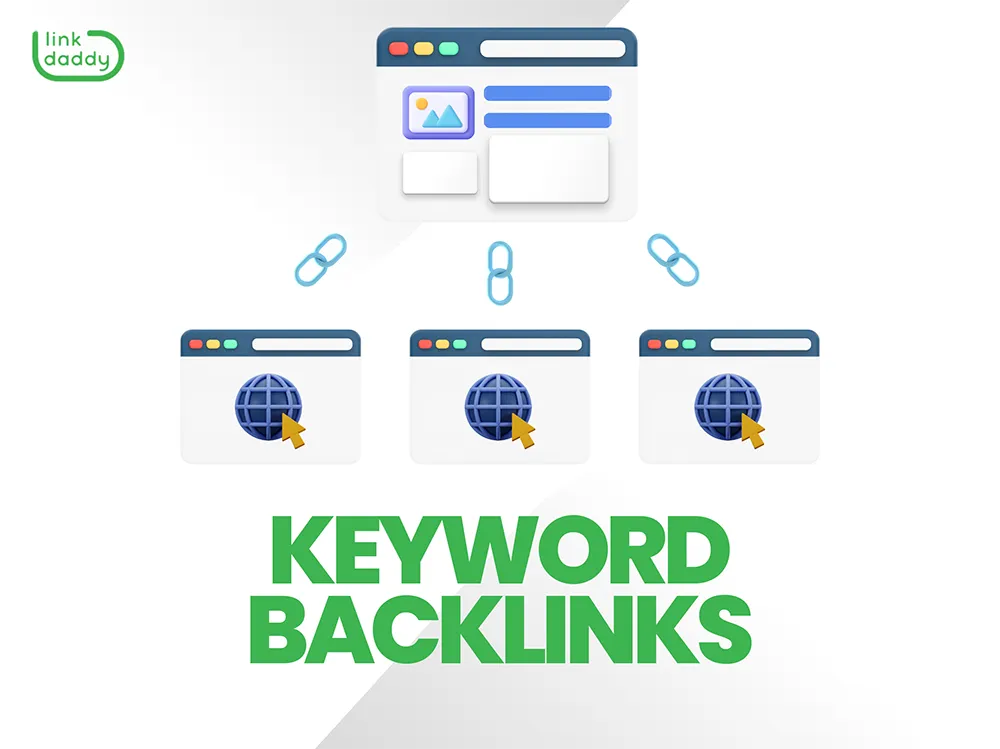Universal Cloud Service Explained: Solutions for Global Enterprises
Wiki Article
Recognizing the Different Types of Cloud Providers and Their Uses
From Facilities as a Solution (IaaS) to Software Application as a Service (SaaS), each type of cloud service serves an unique objective and offers distinct advantages. By exploring the nuanced capabilities and applications of each cloud service, one can navigate the complexities of cloud computer with precision and insight.Framework as a Service (IaaS)
Framework as a Solution (IaaS) provides customers with virtualized computer resources over the web on a pay-as-you-go basis. This cloud computing model supplies essential IT framework such as digital devices, storage space, and networking without the demand for organizations to purchase and manage physical web servers and data facilities. With IaaS, individuals can scale resources up or down based upon their needs, providing flexibility and cost-efficiency.Among the crucial benefits of IaaS is its ability to swiftly arrangement and release facilities components, making it possible for services to react swiftly to altering needs and market conditions. By contracting out facilities management to the solution supplier, organizations can concentrate much more on their core organization activities instead of handling the complexities of equipment maintenance and upgrades.
Additionally, IaaS offers a high degree of reliability and security, with providers normally offering robust data back-up, calamity healing, and cybersecurity procedures. This aids guarantee that critical company procedures remain undisturbed and data stays protected against prospective hazards. cloud services press release. Overall, Facilities as a Solution streamlines IT operations, improves scalability, and lowers capital investment for organizations of all sizes
System as a Solution (PaaS)
Structure upon the structure of Infrastructure as a Service (IaaS), Platform as a Solution (PaaS) supplies a thorough environment for developers to produce, deploy, and take care of applications without the complexities of underlying facilities administration. PaaS offers a platform with tools and solutions that simplify the growth procedure, permitting designers to focus on composing code and building applications instead of dealing with infrastructure worries.

Software as a Solution (SaaS)
Software Application as a Solution (SaaS) transforms the means companies accessibility and utilize software application applications by offering them on a subscription basis via cloud carriers. This cloud computing design removes the need for companies to mount and maintain software on individual devices, as everything is organized and taken care of centrally in the cloud.SaaS offers a cost-effective service for services as they just pay for the software they utilize without the included expenses of hardware maintenance or software application updates. It additionally offers scalability, allowing companies to quickly change their software demands based on their demands.
Moreover, SaaS applications can be accessed from any device with a web link, promoting cooperation and adaptability amongst remote groups. Protection is a leading concern in SaaS, with companies carrying out robust measures to safeguard data stored in the cloud.
Popular examples of SaaS consist of consumer partnership monitoring (CRM) software application like Salesforce, efficiency tools like Microsoft Office 365, and partnership platforms like Google Workspace. SaaS remains to gain traction in business globe as a result of its comfort, cost-efficiency, and scalability.
Function as a Service (FaaS)
With the advancement of cloud solutions like Software application as a Service (SaaS) improving software program distribution, Feature as a Service Cloud Services (FaaS) stands for a standard shift in just how code is implemented in a serverless setting. FaaS permits designers to write and execute specific functions or items of code in action to particular events without the requirement to handle the facilities. This serverless computing design enables programmers to focus only on composing code to implement specific functionalities, without worrying themselves with the underlying facilities or web server administration.Functions are implemented in stateless containers that are spun up and down as needed, making certain optimal source application and cost-effectiveness. By abstracting the infrastructure layer, FaaS streamlines growth, accelerates time to market, and enhances general dexterity in releasing cloud-native applications.
Storage Space as a Service (STaaS)
An essential part in cloud computing, Storage space as a Solution (STaaS) gives users with a reliable and scalable remedy for taking care of data storage demands. STaaS enables organizations to keep and fetch information from remote web servers via the internet, getting rid of the requirement for on-premises equipment. This solution uses adaptability by making it possible for users to pay only for the storage they use, making it a cost-efficient solution for businesses of all sizes.
STaaS is particularly advantageous for businesses with rising and fall storage space demands, as it provides a protected and reputable storage solution without the demand for significant ahead of time financial investments. By leveraging STaaS, organizations can enhance their data monitoring procedures, enhance ease of access, and enhance information safety and security in a cost-effective fashion.

Final Thought
In verdict, understanding the different types of cloud services and their uses is crucial for individuals and businesses looking to leverage the benefits of cloud computer. By using the ideal cloud solution, companies can improve their performance, scalability, and adaptability in handling their IT facilities and applications.From Framework as a Solution (IaaS) to Software as a Service (SaaS), each type of cloud solution offers a special function and provides distinct advantages. cloud services press release. By exploring the nuanced functionalities and applications of each cloud solution, one can navigate the intricacies of cloud computing with accuracy and insight
With the development of cloud solutions like Software application as a Service (SaaS) enhancing software program distribution, Feature as a Solution (FaaS) represents a standard change in exactly how code is performed in a serverless setting.In conclusion, comprehending the different kinds of cloud solutions and their uses is necessary for companies and people looking to take advantage of the advantages of cloud computer. By making use of the ideal cloud solution, companies can enhance their effectiveness, scalability, and versatility in handling their IT facilities and applications.
Report this wiki page